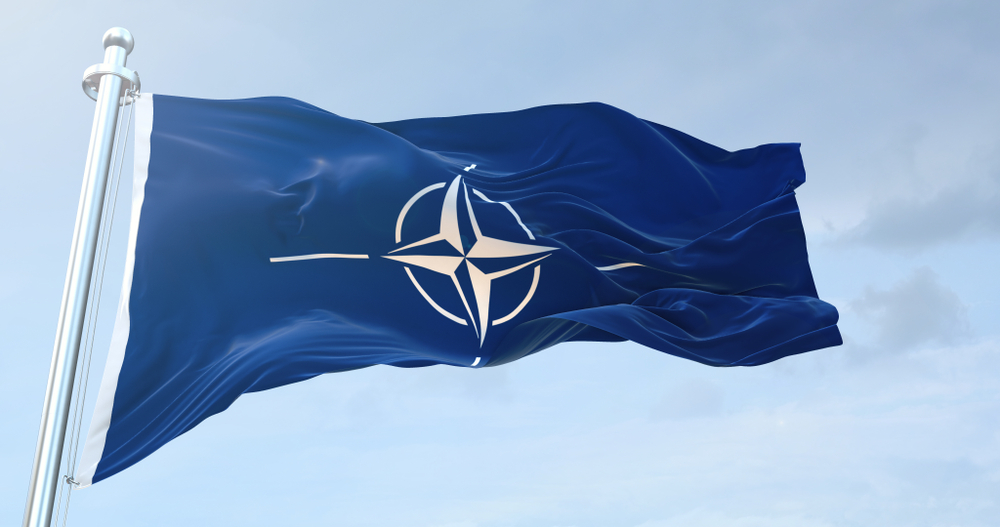Others are reading now
In recent times, the role of NATO in European security has somewhat diminished, leading to concerns among experts. A prominent Danish professor of military science has voiced his apprehensions regarding a specific aspect of NATO, highlighting it as a potential weakness.
The professor’s statement underscores a growing sentiment among security analysts and experts. Once a dominant force ensuring the safety and security of its member nations, NATO now appears to be grappling with challenges that could undermine its efficacy.
However, the concerns raised by the professor shed light on the evolving geopolitical landscape and the need for NATO to adapt and reinvent itself.
Also read
While the specifics of the professor’s concerns were not detailed in the original article, it’s evident that such sentiments are not isolated. Many believe that for NATO to remain relevant, it must address its perceived vulnerabilities and bolster its position in the face of emerging global threats.
While NATO has been instrumental in shaping the security landscape of Europe, it is crucial for the alliance to address its vulnerabilities. The concerns raised by the Danish professor of military science are a testament to the challenges ahead. As the world continues to evolve, so must NATO, ensuring it remains a robust and reliable force for peace and security in the years to come.
The North Atlantic Treaty Organization (NATO) was established in 1949 as a collective defense alliance. Its primary objective was to counter the Soviet Union’s influence in Europe. Over the years, NATO has expanded its membership and has been involved in various military operations beyond Europe.
Historically, NATO has played a pivotal role in maintaining peace and stability in Europe. Its interventions in conflicts, combined with its commitment to mutual defense, have ensured that member nations can rely on collective strength in times of crisis.


